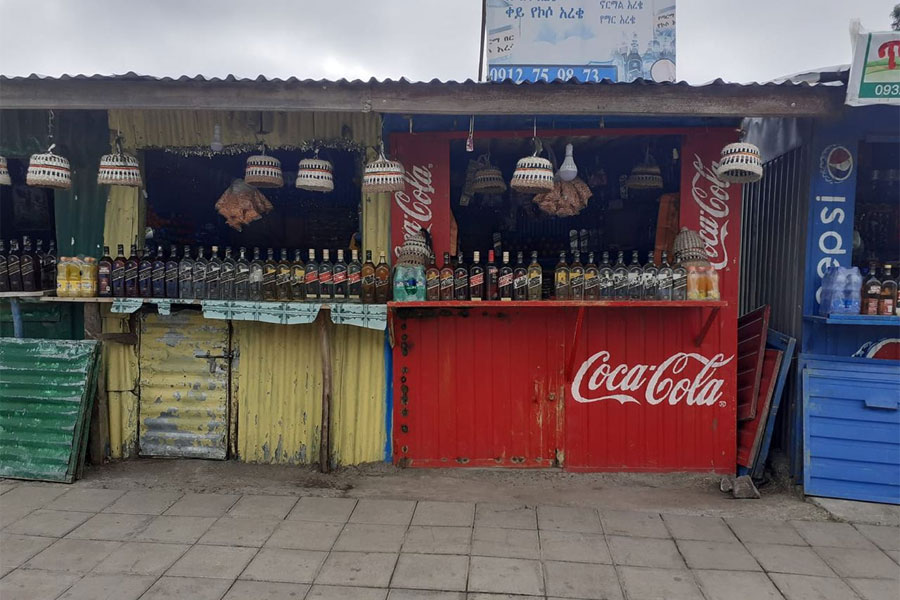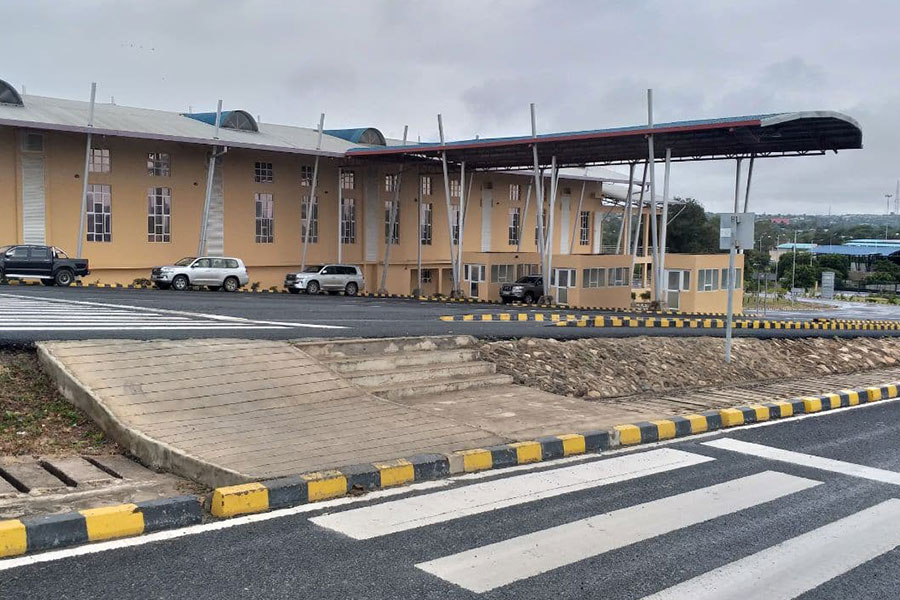
May 31 , 2020
By Eden Sahle ( Eden Sahle is founder and CEO of Yada Technology Plc. She has studied law with a focus on international economic law. She can be reached at edensah2000@gmail.com. )
There has never been a great time to be a woman. The Novel Coronavirus (COVID-19) pandemic is no different. It may even be worse. Over the three months that this disease has been devastating the world, female genital mutilation (FGM), child marriage and violence against women have all increased.
It is crushing to realise that this disruption to our socioeconomic lives is being used as an opportunity to perpetuate the victimisation of women and girls. It speaks to the fact that this is a battle that needs to continue to be fought. If not, all the progress that has been achieved will be easily rolled back.
Crimes against women stem from the historical marginalisation of women in socio-political and economic decision-making processes. Although remarkable progress has been made, especially in terms of legal protection, for millions of women globally, many are still denied their birthrights, fundamental freedoms and rights. Despite extensive effort, harmful traditions and customs continue to prey on women.
Staggeringly, a third of all women experience physical or sexual violence at one time in their lives, according to the estimates of the World Health Organisation (WHO). In the United States, over half of the women that are murdered are killed by their intimate partners, according to The Washington Post. Over a third of the women that are murdered are also victims of domestic abuse, and millions of women around the globe have experienced FGM.
Adding fuel to the fire is the fact that those tasked with fighting violence such as legal enforcement personnel have also been known to engage in the perpetuation of these crimes against women.
As a developing nation, Ethiopia is more vulnerable to gender-related violence. Men in low-income countries, especially if they are themselves being discriminated against within their societies, are more prone to perpetrating violence against women. Economic stress brought on by unemployment and feelings of social exclusion lead to anger, and this frustration is oftentimes taken out on women. We have been made to absorb men’s insecurities for far too long.
Moreover, substance abuse and childhood trauma also lead men to become prone to violence. Young boys that are subjected to harsh physical punishment and witness their mothers getting beaten are more likely to commit violence in adulthood.
I was a witness to how men might slowly progress into becoming violent four years ago when I was working for a private company. My former employer used to buy the staff lunch made by a great chef who moved back to Ethiopia from Kenya. He owns restaurants in Addis Abeba and in Nairobi. Despite his busy schedule, he manages his restaurant activities. When his team cooks in the kitchen of our company, he makes an appearance to make sure his staff are working as well as they should.
In just a couple of years, though, he lost both his restaurant overseas and in Addis due to debts that he could not pay off. Soon after, he became a substance abuser and was violent towards his wife and child.
One weekday, he came to my office to ask if I could support him with his divorce case. His wife wanted a divorce and had filed for one. He was certainly hurting from losing his business and missed his wife and child, who had separated from him. He felt that he was a failure as a man because he could not provide for his wife, who has her own successful shop in the Bole area.
I had to ask what the reason was for their divorce. He explained that, as a man, he could not live being supported by his wife. She provided for him and their child, and yet he returned the favour by beating her.
Unless society recognises the equal role women could play in every facet of life, progress will remain elusive. We need to have mutual respect, compassion and care for one another. We know that this helps create a more productive and stable society. We have also learned that men could, if they chose to, be role models that recognise the societal and institutional pressure women are under and play a crucial part in our collective hunt for equality and justice.
When women and girls are not integrated as both beneficiaries and shapers, countries lose out on the skills, ideas and perspectives that are critical to progress in terms of social and economic development.
PUBLISHED ON
May 31,2020 [ VOL
21 , NO
1049]

Commentaries | Jul 05,2025

Radar | Aug 22,2020

Featured | Jan 07,2023

Viewpoints | Apr 02,2022

Editorial | Jun 17,2020

Agenda |

Viewpoints | Jan 16,2021

Featured | Sep 10,2021

Fortune News | Feb 16,2019

Covid-19 | Jun 13,2020

Dec 22 , 2024 . By TIZITA SHEWAFERAW
Charged with transforming colossal state-owned enterprises into modern and competitiv...

Aug 18 , 2024 . By AKSAH ITALO
Although predictable Yonas Zerihun's job in the ride-hailing service is not immune to...

Jul 28 , 2024 . By TIZITA SHEWAFERAW
Unhabitual, perhaps too many, Samuel Gebreyohannes, 38, used to occasionally enjoy a couple of beers at breakfast. However, he recently swit...

Jul 13 , 2024 . By AKSAH ITALO
Investors who rely on tractors, trucks, and field vehicles for commuting, transporting commodities, and f...

Oct 11 , 2025
Ladislas Farago, a roving Associated Press (AP) correspondent, arrived in Ethiopia in...

Oct 4 , 2025
Eyob Tekalegn (PhD) had been in the Governor's chair for only weeks when, on Septembe...

Sep 27 , 2025
Four years into an experiment with “shock therapy” in education, the national moo...

Sep 20 , 2025
Getachew Reda's return to the national stage was always going to stir attention. Once...